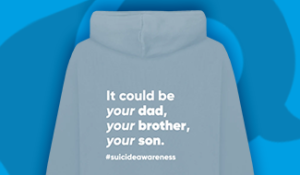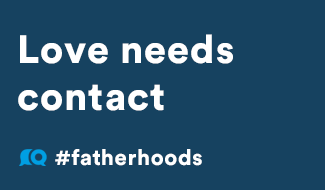My ex is saying I can only have supervised contact, will the court agree?
One of the first factors a court will look at in determining or reviewing child arrangements is whether you have parental responsibility for your children. This is defined in the Children Act 1989, which governs applications to court relating to children, as “all the rights, duties, powers, responsibilities and authority which by law a parent of a child has in relation to the child and his property”.
All mothers and most fathers have parental responsibility for their child. A father has parental responsibility if he was married to the mother when the child was born (divorce does not end that relationship) or if he is registered on the child’s birth certificate if the child was born on or after 1 December 2003.
It is not for the mother to dictate the level of contact. It is for all those with parental responsibility to make suitable arrangements.
Even if the father does not have parental responsibility, this does not mean he cannot have contact with his child. It is not for the mother to dictate the level of contact. It is for all those with parental responsibility to make suitable arrangements. In the event of a dispute, the court will be asked to decide. When the court is asked to decide, the child’s welfare must be the court’s paramount consideration
The child can be living with either parent or share time between both under a shared care arrangement. There is a clear preference for parents to be able to make their own arrangements. If they cannot, then the court has a checklist of seven criteria they look at when making the decision for the parents:
- The wishes and feelings of the child
- The child’s physical, emotional and educational needs
- The likely effect on the child of a change of circumstances as a result of the court’s decision
- The child’s age, sex, background and any other relevant characteristics
- Any harm the child has suffered or is at risk of suffering
- Capability of the child’s parents of meeting the child’s needs
- The powers available to the court
When looking at whether contact should be supervised, the court will have to be satisfied that there is a risk to the child if contact is not supervised. This means a real risk of harm, such as physical abuse, neglect or being exposed to drug/alcohol issues. The court will not agree to supervised contact unless there is a good reason; that reason is not because your ex doesn’t like you and wants to cause you a problem. It is all about what is best for your child and it is not usually best for their wellbeing and depth of relationship if that can only supervised contact with you.
When looking at whether contact should be supervised, the court will have to be satisfied that there is a risk to the child if contact is not supervised.
The court use the services of CAFCASS (Children and Family Court Advisory and Support Service) to assist in their decision making. Each family going through this process is assigned a CAFCASS officer, who has a social work background and is there to gather more information about the child’s experience. They do this by contacting schools and other relevant organisations, as well as through meeting with the children if they are old enough to express informed wishes and feelings. All of the information gathered is passed on to the court to help with an assessment of the above criteria.
It is often the case that one parent claims the other is abusive and it is always difficult to prove either way. If your ex is likely to do this, it is a good idea to make sure any conversations are in writing, text or email. Don’t be goaded into responding to abuse from your ex as phone calls can be recorded and can come across as one-sided. The same applies to texting or emailing in response to a phone call as there will only be a record of what you have written.
The main advice we can give is – these are your children. You know them and you are responsible for their happiness. Don’t do anything that will upset them, including arguing with your ex in front of them. Listen to what your ex says as they may actually have genuine concerns you need to address. If things get nasty, step back and seek legal advice.
We have produced a number of helpful leaflets on family law matters, including specialist advice concerning children, which are available on our website at qualitysolicitors.com/yatesandco.
Posted on February 6, 2018














